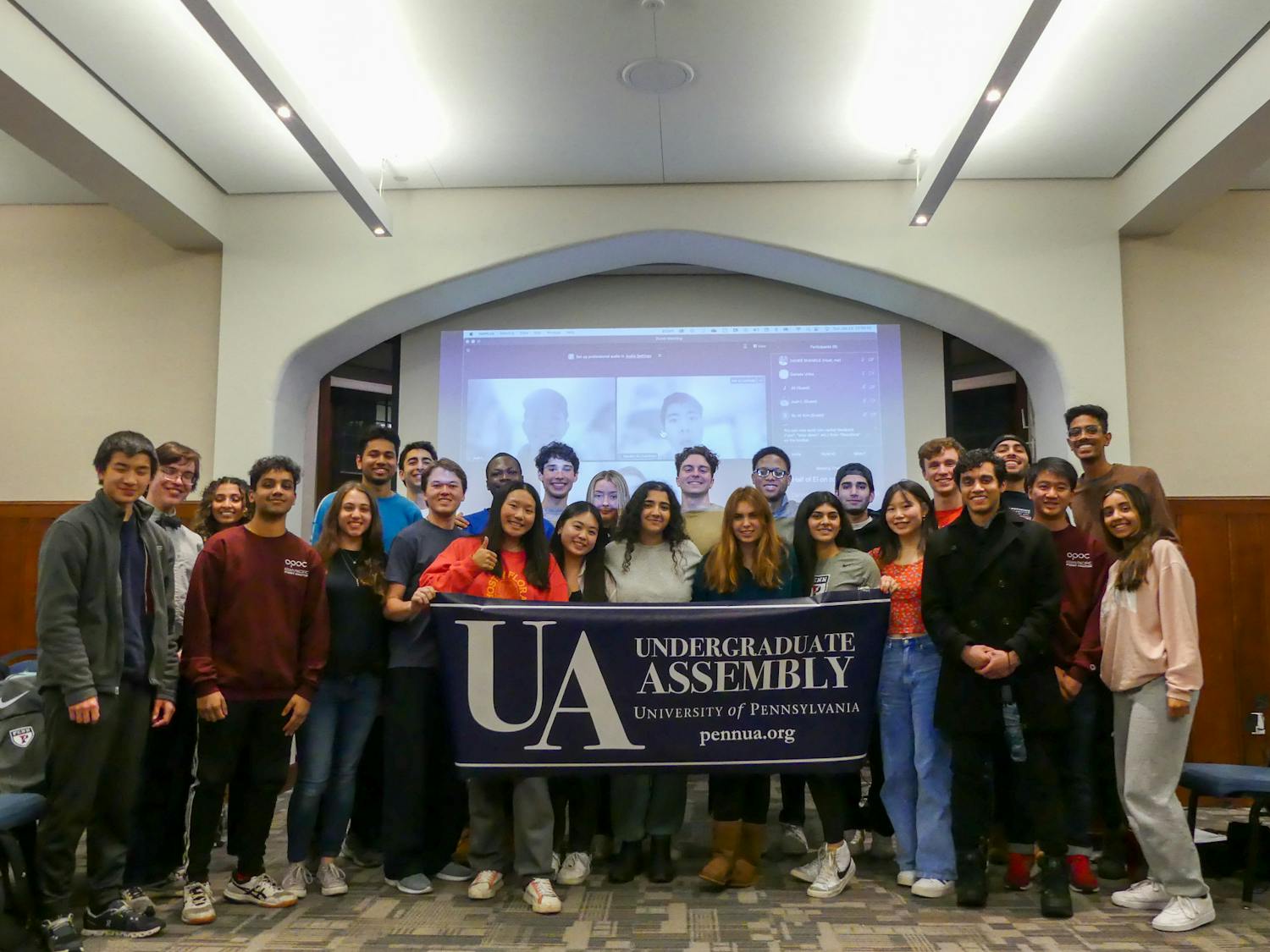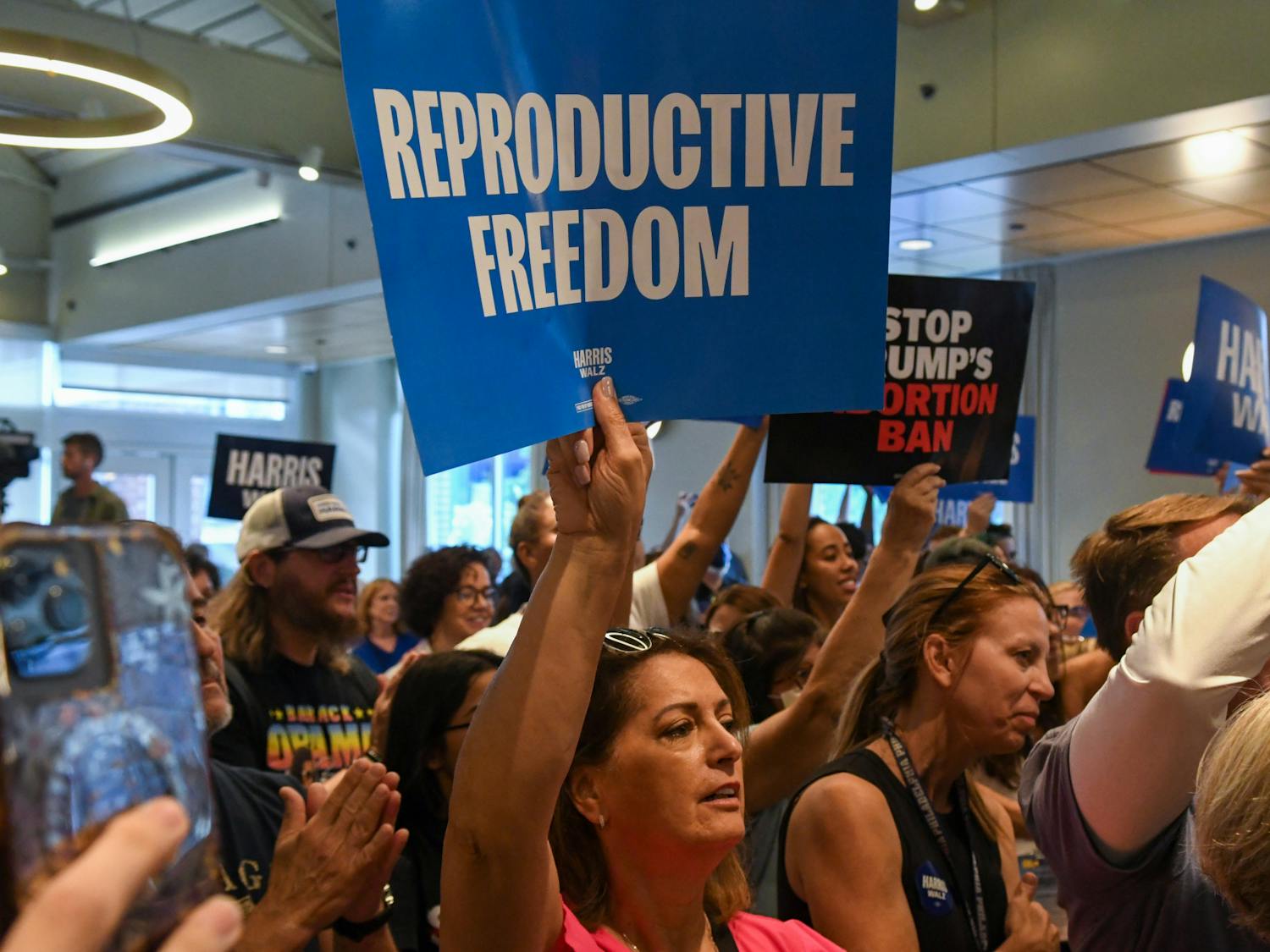In typically delusional, short-sighted and hypocritical fashion, the Ivy League leadership has decided to follow the crowd and institute a conference tournament for men’s and women’s basketball. This is a terrible mistake that not only makes competition less fair and meritorious, but also weakens the league’s chances for success in the NCAA Tournament.
The conference’s athletic directors and presidents have overturned six decades of tradition whereby the league’s automatic ticket to March Madness was rightly awarded to the regular season champion. Even while every other minor conference instituted a hokey tournament at the behest of television dollars, the Ivy smartly stuck with sending its strongest team to the big dance.
The Ivy League plays 14 games: a true round-robin. At the end, it’s pretty obvious who the best team is. In the event of a tie, as has occurred recently, a one-game playoff will decide the winner. This is the most fair and logical way to determine a champion.
What, exactly, is the compelling reason for not doing it this way? How can they rationalize rewarding a 6-8 team over one that is 13-1? Those are the records of Harvard and Yale, who would be the No.4 and No.1 seeds if a tournament were in place this season. Is the league’s goal to finally have a team in the NCAA’s play-in game?
Some say this is about “opportunity.”
Every team starts the league season 0-0. Every team has a chance, from January to March, to win games en route to the conference title. Why throw that out and instead rely on just two tournament games — games that include an extra dose of random chance thanks to the league’s chronically terrible officiating?
By not sending the best team, the Ivy League also eviscerates its opportunity to actually score wins in the tournament. Imagine the 2010 Cornell team that advanced to the Sweet 16 losing on a bad call to 6-8 Yale in the Ivy title game. Or lesser teams upsetting recent-vintage Harvard squads that posted NCAA wins in consecutive years.
Sending anyone less than your best representative is recipe for failure, plain and simple. It happens every year with just about every other lower-tier conference. In the last decade, 61 minor conference teams won automatic bids after finishing second or worse in their league regular season. Only six won games in the NCAA Tournament. The Ivy League’s true champions have five wins over the same span.
Do they seriously think a postseason tournament increases the probability of the Ivy at last getting an at-large bid? There have been myriad opportunities for this in the past — never happened. And it will get harder, not easier, as the perception of the league dwindles with each 16-seed representative going quietly year after year.
Ivy League Executive Director Robin Harris described the tournament as a “landmark event” for the conference. What does this even mean? A 10 a.m. time slot on ESPN3? That will be watched by hundreds of people?
The evidence is clear that minor conference tournaments see terrible TV ratings and are sparsely attended. The Ivy League isn’t the Big East; it’s not even the Atlantic 10. Even the prospect of a Penn-Princeton final would not sell out today.
And what does this change of heart say about other sports?
For decades people have been asking the league’s presidents and athletic directors why the football champion is banned from competing in the NCAA playoffs. Each time the answers include some variation on these themes: “It’s our tradition”; “Playoffs would place too great a burden on student athletes”; “This is what makes the Ivy League special”; “We have done it this way since 1956.”
Either these things are true, or they’re not.
Harris boasted the tournament would be something players would “anticipate while they are in school and ... cherish throughout their lives after graduation.” Penn Director of Athletics and Recreation Grace Calhoun echoed, “The tournament will add excitement and give an additional opportunity to spotlight our talented athletic scholars.” So would allowing the best football team(s) — some years the league could quite reasonably receive multiple bids — to compete in the FCS tournament.
Either the Ivy League stands for tradition and meritocracy, or these people are hypocrites.
Of course, you will hear coaches and ADs supporting this basketball plan. After all, it’s a lot easier to keep your job after a few 13-15 seasons if you can hang your hat on an NCAA appearance. Sure, it was a 50-point loss to Kansas, but hey, “We were on TV!”
And maybe Penn will benefit from this system in the future. Considering the current dreary state of the men’s program, that looks like the only viable path to the bracket. A trip to Spokane and a T-shirt will be the reward, but it won’t be earned.
Sadly, the Ivy League has decided that getting paid is more important than earning your way to the top. It’s a landmark to stupidity.








